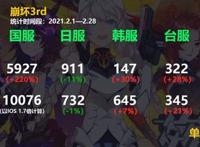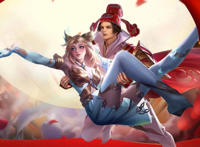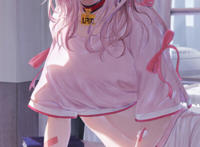审美与功利

Generally, there are two points of views for us to see the world: aesthetic point of view and utilitarian point of view. When you describe someone as utilitarian, you mean he regards secular fame and gain as important and does everything beneficial to himself, such as study hard for good grades, get good grades to be admitted by a top university, get the diploma to be hired by a big company, and buy everything he wants when he has been paid for his work. Even if the business of making friends, which entails the willingness of the two party and the law of attraction, a utilitarian is bound to embed some aim into it: befriend a pianist to help himself improve piano skills; crawl to dignitaries for the opportunity to use them; try to win a beauty's affection to meet his sexual demand; keep stained people at a distance because they are prone to get him into trouble. As a Chinese saying goes: The gentleman thinks in terms of righteousness, the petty man in terms of gains. An egoist is usually looked down upon and marginalized by people around him. Only when he takes on social responsibility can he be accepted by the mainstream group as a member of them. In spite of all this, utilitarianism is an indispensable means of survival that everybody needs to learn, because evolved from gorilla, everyone of us has animal instincts and needs with us, such as appetite, sexual desire, safety need, love need and esteem need. Like noisy infants, these instincts and needs keep crying for satisfaction. If we failed to meet their demands, they will stir to make us ill at ease and get us as uncomfortable as a fish out of water. To meet their insatiable demands, we have to spend a lifetime competing with one another for scarce resources, such as key school in teenage years, position and salary in our youth, success of career and happiness of family in the autumn of our lives and career and future of our children when we are old enough. To do so, we are like tight-wound clocks rush ahead without a break, grab everything beneficial to make our "inner infants" stop crying. All in all, we have to be utilitarian to lead a better life.
 学科拟人物理功×化学受
学科拟人物理功×化学受













